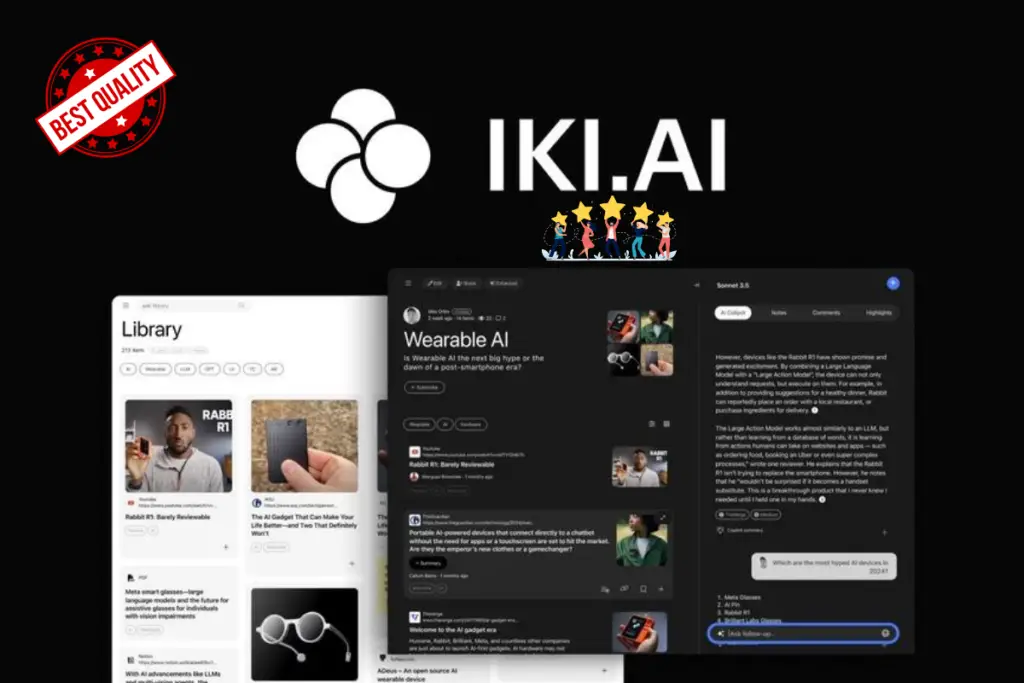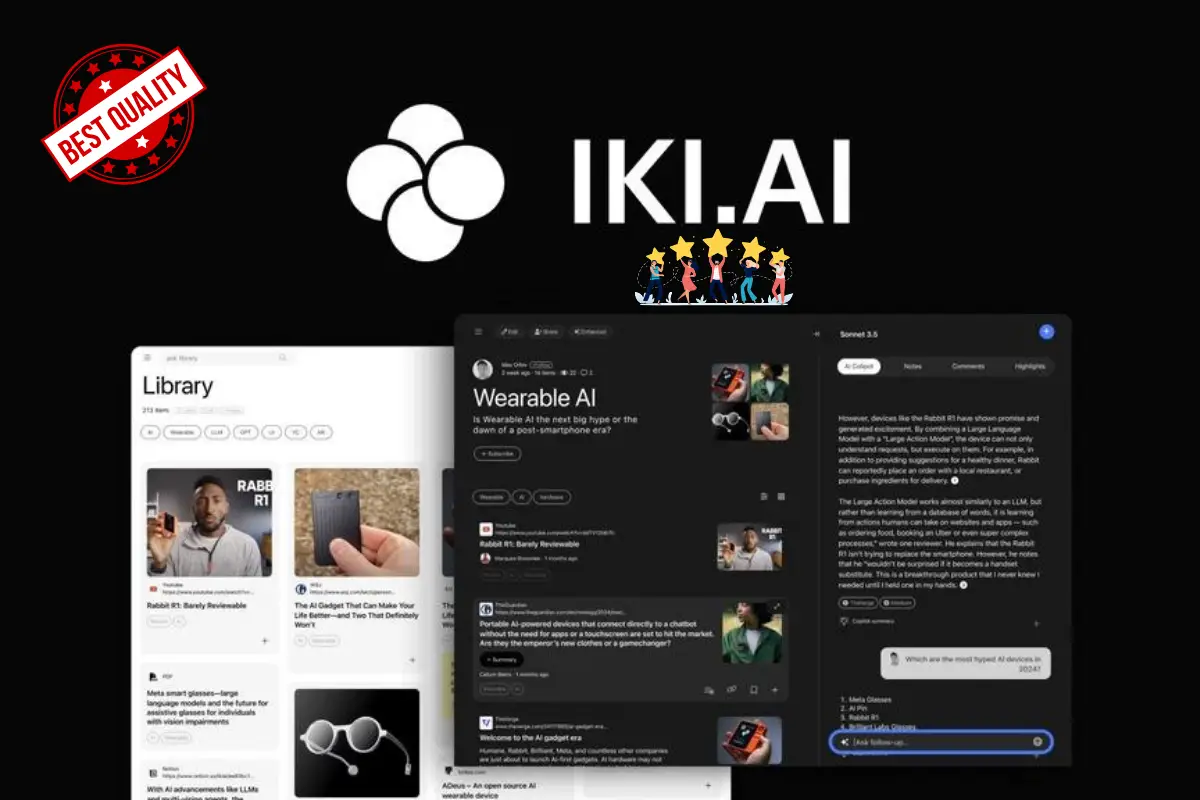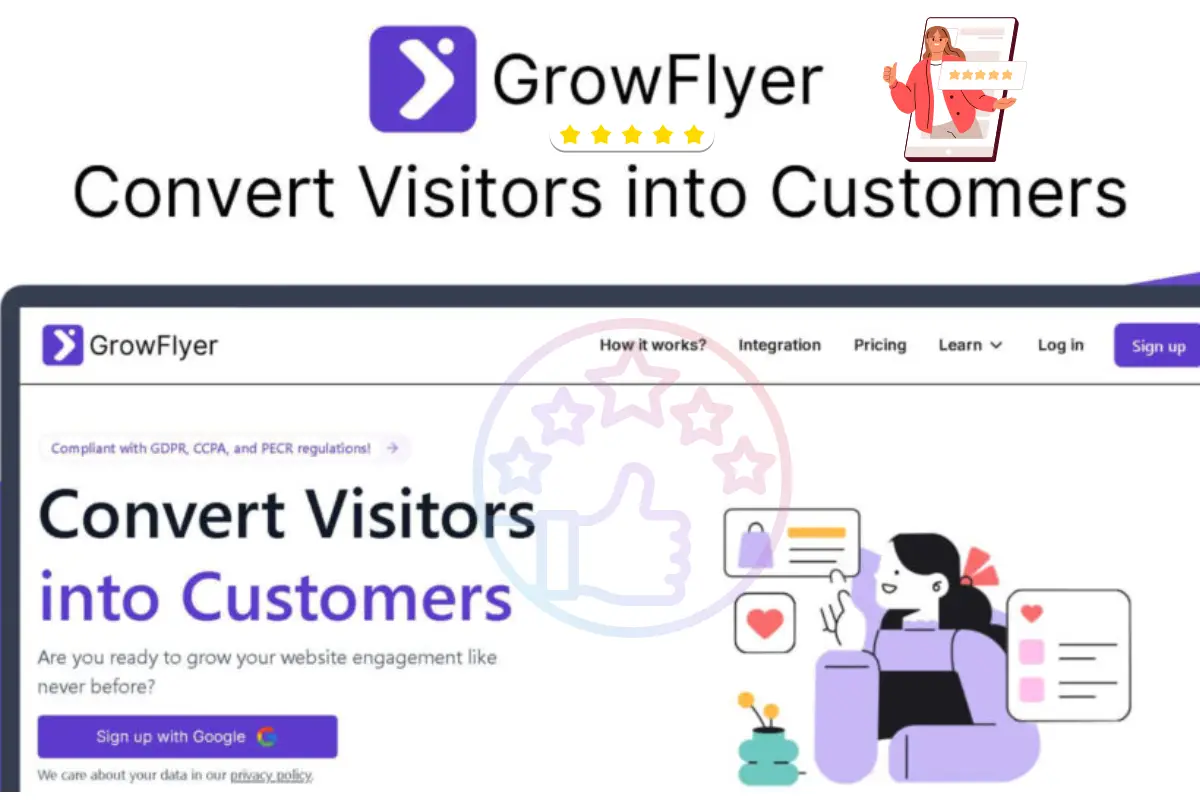Introduction
IKI.AI is an advanced knowledge management platform designed to help teams organize, search, and utilize information efficiently. It provides features like intelligent document search, knowledge extraction, and web integration to enhance productivity and decision-making. Users can ask questions, explore key insights from documents, and receive detailed answers, all within the platform. By integrating various knowledge sources and offering powerful search capabilities, it helps teams manage information more effectively, making it easier to achieve business goals.
Table of Contents
Key features of IKI.AI
- Intelligent Search
- Knowledge Extraction
- Cross-Domain Search
- Library Management
- Web Search Integration
| Feature | Feature |
| Intelligent Search | Provides a powerful search tool to find specific knowledge within documents. |
| Knowledge Extraction | Automatically extracts key insights and ideas from documents or videos. |
| Cross-Domain Search | Allows users to search across various domains and sources for more diverse results. |
| Library Management | Stores and organizes a wide range of materials in a centralized digital library. |
| Web Search Integration | Combines internal knowledge with web search to expand research capabilities. |
Pros & Cons:
Pros
Cons
Benefits of using IKI.AI
| Benefits | Description |
| Boosts Productivity | Quickly find and extract key insights, saving time on research and organization. |
| Enhanced Decision-Making | Cross-domain search provides diverse and well-rounded information. |
| Centralized Knowledge Management | All resources are stored in one place for easy access and management. |
| Improved Collaboration | Teams can easily share and retrieve knowledge, facilitating better communication. |
| Augmented Research with Web Integration | Combines internal data with external web sources for comprehensive research. |
HOW IKI.AI Works?
- Functions as a knowledge management platform.
- Teams can upload documents to a centralized library.
- Extracts key ideas or summaries from documents automatically.
- Offers intelligent search for exploring internal data.
- Enhances research by integrating web searches.
- Cross-domain search pulls from various relevant sources.
IKI.AI Lifetime Deal Pricing
License Tier 1
$39 $119
1 user
Monthly video transcription(5 Hours)
Copilot requests per month(200)
License Tier 2
$129 $357
3 users
Monthly video transcription(40 Hours)
Full Support
Copilot requests per month(Unlimited)
License Tier 3
$249 $595
5 users
Monthly video transcription(100Hours)
Copilot requests per month(Unlimited)

Wish you had a second brain? With IKI.AI!!
Grab the lifetime deal on IKI.AI before it expires—don’t miss out and save money today!
IKI.AI Regular Pricing
5 best Research Assistant software 2024
Paperguide is an AI-powered research assistant that combines reference management, document analysis, and writing support.It all starts with you uploading a document or a file. Paperguide enables you to upload up to 3 documents simultaneously.
Paperguide Pros:
- Supports multiple upload formats including .pdf, .docx, and direct URL uploads.
- Quickly analyzes documents and YouTube videos, providing transcripts and generating relevant questions.
- Enables back-and-forth conversations with an AI chat assistant to enhance understanding of research materials.
Paperguide Cons:
- Restricts users to uploading only 3 documents simultaneously (context window undefined).
- Generative AI capabilities are still under development.
Paperguide’s pricing is refreshingly simple.
Three tiers:
- Free
- Starter ($12/month) or ($9 per month on yearly billing)
- and Advanced ($20/month) or ($16 per month on yearly billing).
Afforai is the AI-powered reference manager that helps researchers manage, annotate, cite papers and conduct literature reviews with AI reliably.
Afforai Pros:
- The free plan is pretty generous with 20 AI queries per day, 500 MB storage, and standard AI LLMs.
- It’s like Zotero on steroids. You get all the usual stuff like organizing papers but with AI smarts baked in.
- You can actually talk to your research papers. No joke. Upload them and chat away using AI.
Afforai Cons:
- The interface can sometimes take a while to load (depending on your internet connection).
- Like any AI tool, it might sometimes give you wonky answers. AI isn’t perfect, you know? (always cross-check facts).
- There’s a bit of a learning curve to get the most out of all the features.
Afforai offers a forever free plan (they call it Starter).
There are three paid plan options:
- Student: $4.99 per month ($3.99 per month if billed annually). This plan requires a student (EDU) email ID for verification.
- Professional: $9.99 per month ($7.99 per month if billed annually).
- and Unlimited: $19.99 per month ($16.99 per month on annual billing).
Julius AI is a groundbreaking tool that brings the power of advanced data analysis and visualization to everyone, regardless of technical expertise.
Julius AI Pros:
- Powerful data analysis and visualization capabilities.
- Intuitive conversational interface, easy for non-technical users.
- Access to the latest language models like GPT-4, Claude, LLaMA.
Julius AI Cons:
- File uploads get deleted after 1 hour (for security).
- Advanced features are limited on the free plan.
- Potential for biases or errors from underlying language models
Julius AI has a free plan where you can send 15 messages/month.
Below are its paid plan options:
- Basic: $20/month: 250 messages, core features, basic support.
- Essential: $45/month: Unlimited messages, advanced data inputs, priority support.
- Pro: $60/month: Premium support, direct CEO access.
- Team: $70/user/month: centralized billing, the longest data inputs.
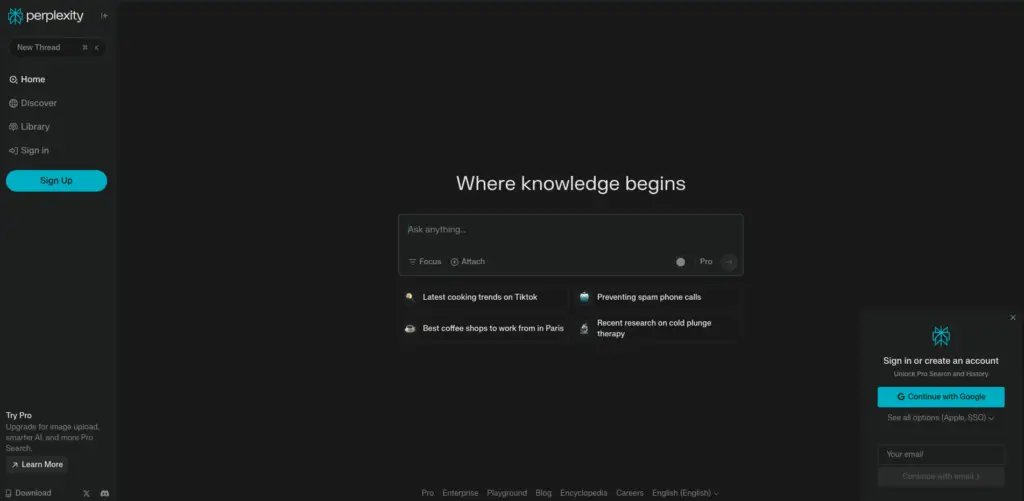
Perplexity AI Pros:
- Discovers and processes vast amounts of information from diverse sources.
- Find answers to your questions without spending extensive time searching for information manually.
- The copilot uses GPT-4 helping you perform automatic research, saving a lot of time.
Perplexity AI Cons:
- The accuracy of information presented on Perplexity depends on the quality and reliability of the sources it uses (which are more often than not the top-ranking pages on the SERPs).
- The copilot feature in the free plan is limited to 5 searches, resetting every 4 hours.
Plans:
- With the free plan, you get access to unlimited searches from all places (Google, YouTube, Reddit…), and GPT-4-powered 5 copilot searches every four hours.
- The pro plan costs $20/month, enabling you to access SOTA (state-of-the-art) LLMs for all answers. Additionally, you get 600 copilot searches per day and priority access to all future updates.
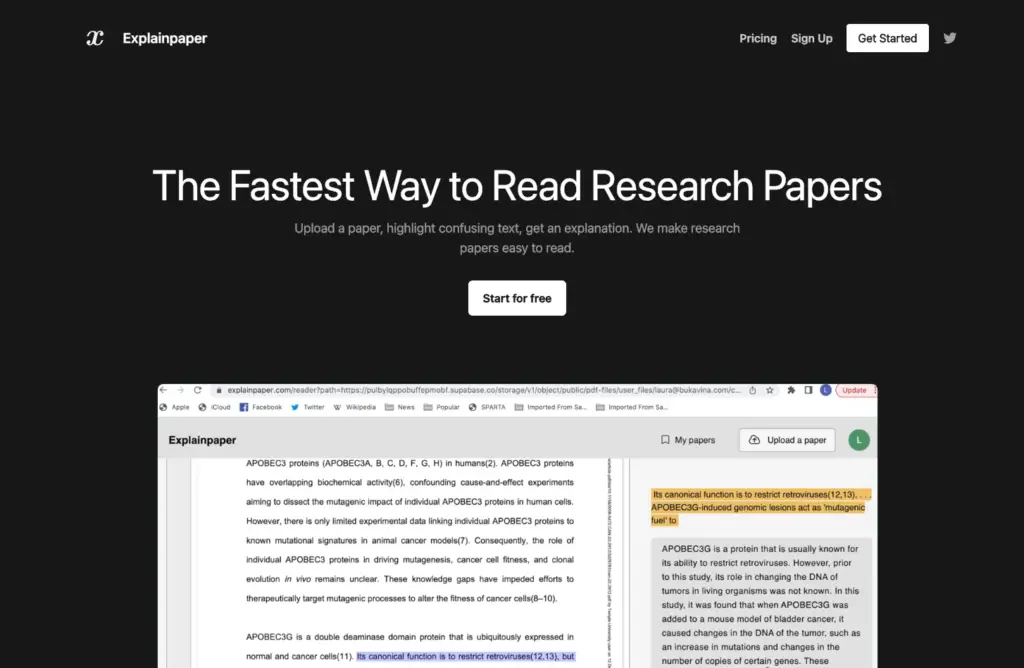
Explainpaper Pros:
- Allows you to highlight confusing text in a paper and get explanations on the same page.
- You can upload and save the papers for future use.
- The Free plan offers unlimited highlight explanations, meaning you can annotate and seek explanations for various sections of research papers without any restrictions.
Explainpaper Cons:
- While the Free plan provides basic functionality, certain advanced features (like summaries) are only available in paid plans.
- Because ChatGPT powers the summaries you get, there are chances of getting hallucinated answers.
Plans:
- Their Plus plan costs $12 per month. With this plan, you can generate summaries of any uploaded research papers. Furthermore, you can access and review all your highlights and explanations in one place.
- For those who want to analyze many papers at once powered by GPT-4, Explainpaper has the Pro plan costing $20 per month.
Our Best Choice
